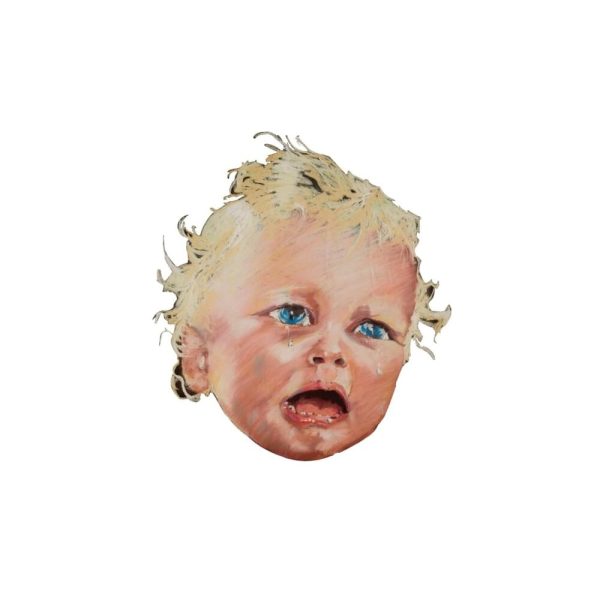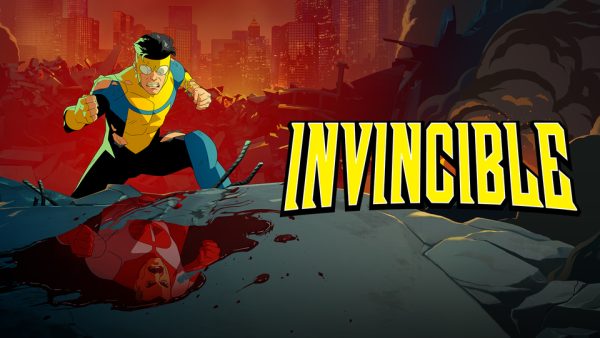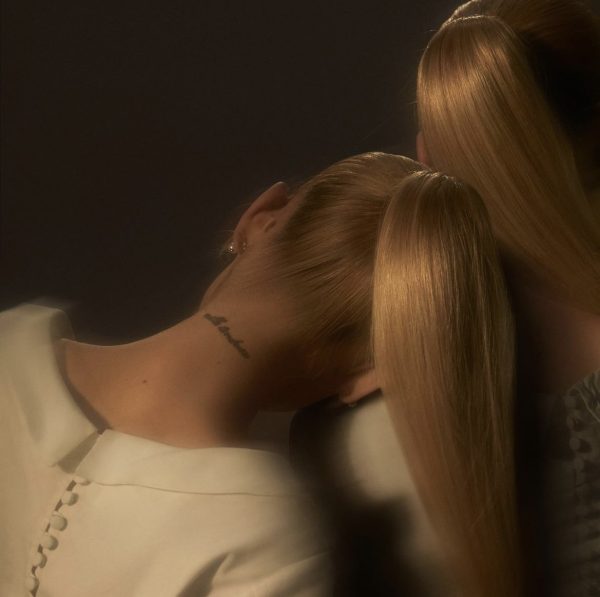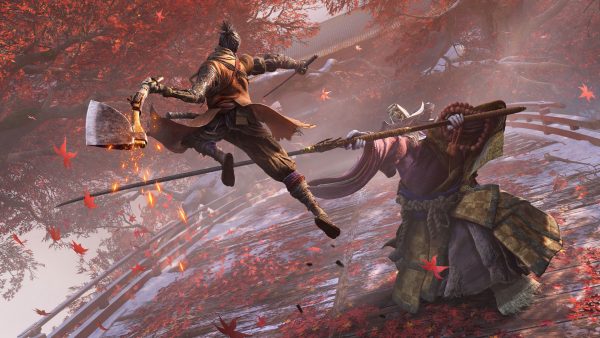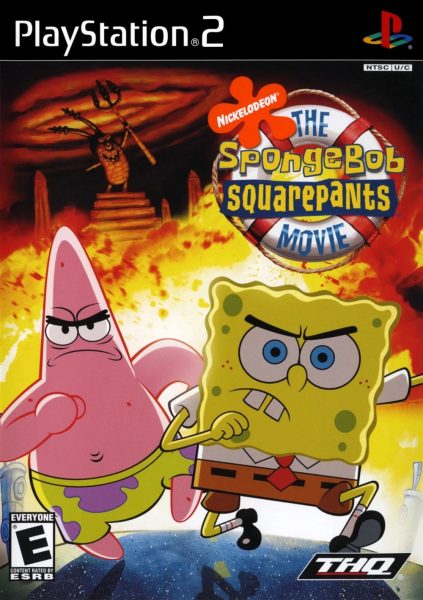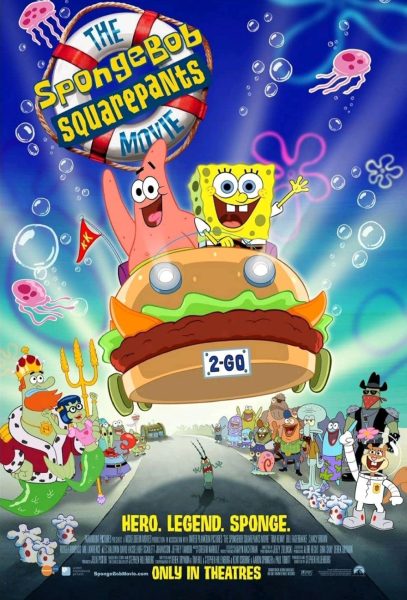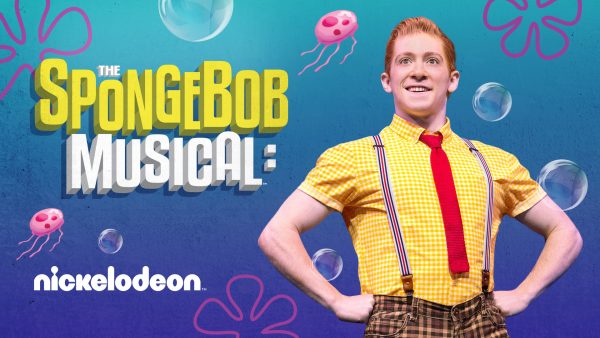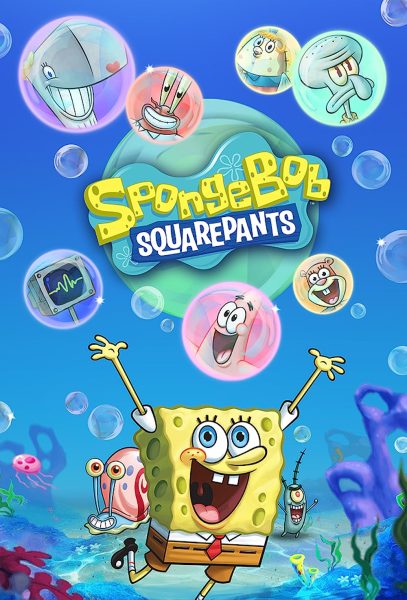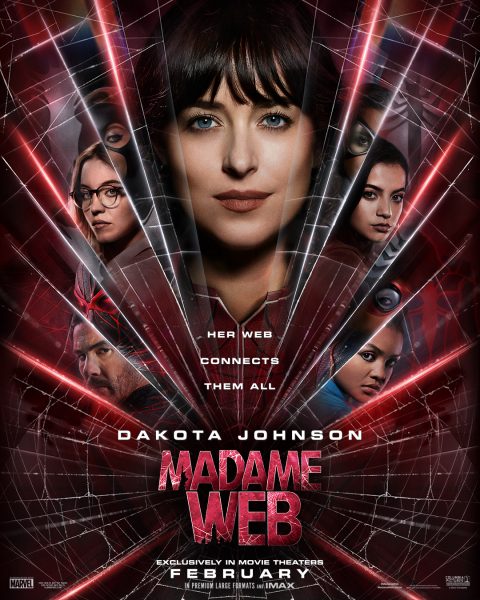‘13 Reasons Why’ raw, potentially problematic
“13 Reasons Why” is addictive. I watched the 13 50-60-minute episodes in two days.
However, I think it’s rather dangerous material to wade through in 13 binge-able episodes.
Several other reviews of this show, which came out on Netflix Friday, have pointed out that this show really can only appeal to the younger generation. The dialogue and acting are juvenile compared to shows designed for adults.
Given this demographic, I think perhaps the creators of this show should have been more sympathetic to the vulnerability and suggestivity of a younger generation and not graphically show depictions of violence and self-harm.
The premise of this show, based on a popular YA book by Jay Asher, centers around Clay Jensen receiving a set of tapes recorded by Hannah Baker, a girl who recently committed suicide. She says on the tapes that if you’re listening, you’re one of the 13 reasons why she killed herself.
Amidst Clay listening to the tapes, the other people listed as reasons try to intimidate Clay and keep him from telling the authorities and getting all of them in trouble, as Hannah’s parents are pushing for a lawsuit against the school. This bit is added to pad on the show’s runtime and was not as prominent in the book.
Throughout this show, the acting is so-so. Many of the actors playing the teenagers don’t have much prior acting experience, and that shows.
The exception to the mediocre acting is Dylan Minnette as Clay. He portrays a tortured soul poignantly. When Clay finally listens to his tape, all the evidence points towards Clay being innocent in Hannah’s death and that she only included him because she wanted him to know her story.
However, in one of the most powerful moments in this show, Clay listens to Hannah try to absolve him of guilt, yet he yells in anguish that he “killed Hannah Baker.”
This show plays with the viewer’s emotions. There are characters who try to convince others Hannah’s lying on the tapes about the sexual assaults and traumatic events her classmates forced upon her. In the end, it’s left open, but it’s likely Hannah gets some sort of posthumous justice in the way the final events play out.
“13 Reasons Why” is frustrating as a television series. Most teenagers given a set of tapes like Hannah’s would binge it just like I did the series and listen to all the tapes in one night.
However, Clay takes an excruciating length of time, probably weeks, to listen to the tapes. That’s not realistic, and it’s incredibly annoying to sit through hour-long episodes where Clay asks questions that would just be answered if he listened to the tapes.
My biggest problem with the show, as mentioned before, is its starkness in depicting suicide and sexual assault. The creators and producers of this show have stated they wanted to face the issues head-on and make the watcher uncomfortable, as anyone should be, watching these things onscreen.
However, I don’t know if “13 Reasons Why” has the audience for that kind of raw, razor-piercing, blood-gushing, onscreen action. In many ways, young people, if not confident and in safe places, are incredibly impressionable.
I’m not saying we should avoid talking or depicting suicide on screens altogether. However, if the demographic is likely going to be teens, the show shouldn’t have clearly outlined the process Hannah took to kill herself.
“13 Reasons Why” left me feeling conflicted. Its message of “don’t be a bully” and “be careful of how you treat others” was clear. However, it didn’t give much hope for victims like Hannah, teenagers who could be considering suicide.
This show is blowing up; everyone’s talking about it and its fight against bullying and rape. I just hope talking about it keeps us from becoming the tragedy.

